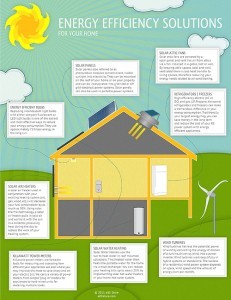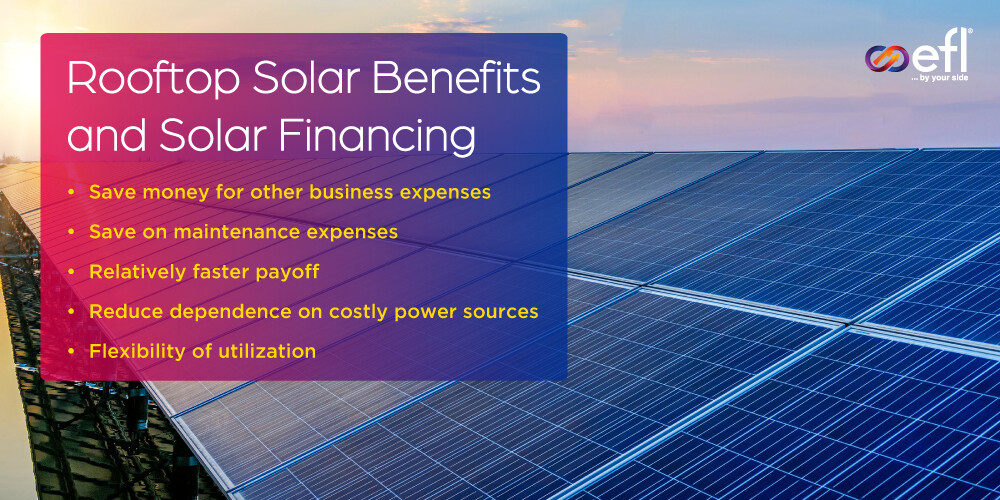
Unlocking Sustainability: Energy-Efficient Home Solutions
As the world embraces the imperative of sustainable living, energy-efficient home solutions emerge as a cornerstone. This article navigates through the realms of eco-friendly practices and technologies, exploring the multifaceted benefits and practical implementations that define the landscape of energy-efficient homes.
The Green Foundation: Understanding Energy Efficiency
At the heart of energy-efficient home solutions lies the concept of energy efficiency. This involves optimizing the use of energy to achieve maximum output while minimizing waste. Understanding the principles of energy efficiency is the first step towards creating homes that are not only environmentally friendly but also economically viable in the long run.
Smart Home Technologies: Intelligent Energy Management
Integrating smart home technologies is a key facet of energy-efficient solutions. Smart thermostats, lighting systems, and appliances offer real-time data and control, allowing homeowners to optimize energy usage. These technologies enable efficient energy management, ensuring that resources are utilized only when needed, contributing to significant energy savings.
Energy-Efficient Appliances: Reducing Consumption
The choice of appliances significantly influences a home’s energy footprint. Energy-efficient appliances, marked with the ENERGY STAR label, consume less electricity without compromising functionality. From refrigerators to washing machines, investing in these appliances not only reduces energy consumption but also translates into lower utility bills over time.
Effective Insulation: Creating Thermal Comfort
Proper insulation is a cornerstone of energy-efficient homes. Adequate insulation prevents heat transfer, keeping homes warmer in winter and cooler in summer. This results in reduced reliance on heating and cooling systems, leading to lower energy consumption. Effective insulation is an investment that pays off in terms of both comfort and energy savings.
High-Efficiency HVAC Systems: Climate Control with Precision
Heating, ventilation, and air conditioning (HVAC) systems are vital components of home comfort. High-efficiency HVAC systems not only provide precise climate control but also operate with reduced energy consumption. Regular maintenance ensures optimal performance, contributing to energy-efficient home solutions while maintaining a comfortable living environment.
Renewable Energy Integration: Embracing Clean Power
The integration of renewable energy sources, such as solar panels, is a defining feature of energy-efficient homes. Solar power systems generate electricity from the sun, significantly reducing reliance on conventional energy sources. Homeowners can even leverage net metering, feeding excess energy back into the grid and earning credits, making solar a sustainable and cost-effective solution.
Energy-Efficient Lighting: Illuminating Responsibly
Traditional incandescent bulbs are energy-intensive and inefficient. Energy-efficient lighting, such as LED and CFL bulbs, not only consumes less energy but also lasts longer. These lighting options provide the same level of brightness while reducing electricity bills and minimizing the environmental impact associated with frequent bulb replacements.
Water-Efficient Fixtures: Conserving a Precious Resource
Energy efficiency extends beyond electricity consumption to include water usage. Water-efficient fixtures, such as low-flow faucets and showerheads, reduce water consumption without compromising functionality. This not only contributes to environmental conservation but also results in lower energy usage associated with water heating.
Sustainable Building Materials: Green Construction Practices
The materials used in constructing homes play a crucial role in their overall energy efficiency. Sustainable building materials, such as recycled or locally sourced materials, contribute to energy-efficient home solutions. These materials often have a lower carbon footprint and promote responsible resource utilization in the construction industry.
Education and Awareness: Fostering a Culture of Sustainability
A vital aspect of energy-efficient home solutions is fostering a culture of sustainability. Education and awareness initiatives empower homeowners to make informed choices. Understanding the environmental impact of daily choices, from energy consumption to waste management, encourages responsible practices that contribute to a sustainable and energy-efficient lifestyle.
Conclusion: Building a Greener Tomorrow, Today
In conclusion, energy-efficient home solutions are more than a trend; they are a fundamental shift towards responsible living. From embracing smart technologies to integrating renewable energy sources, every choice contributes to a greener and more sustainable future. To explore more about energy-efficient home solutions and sustainable living, visit Energy-Efficient Home Solutions.


